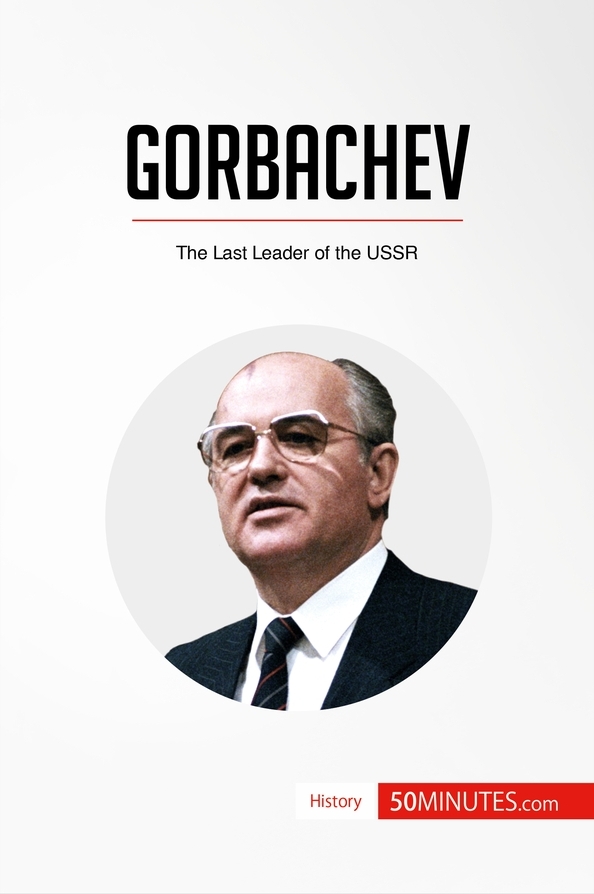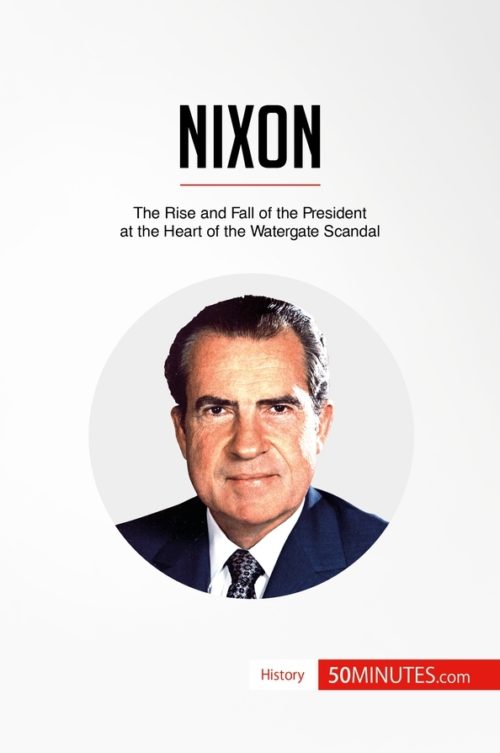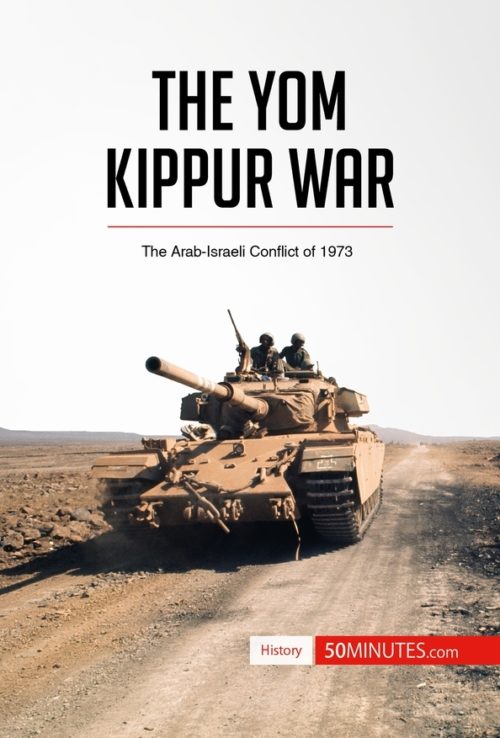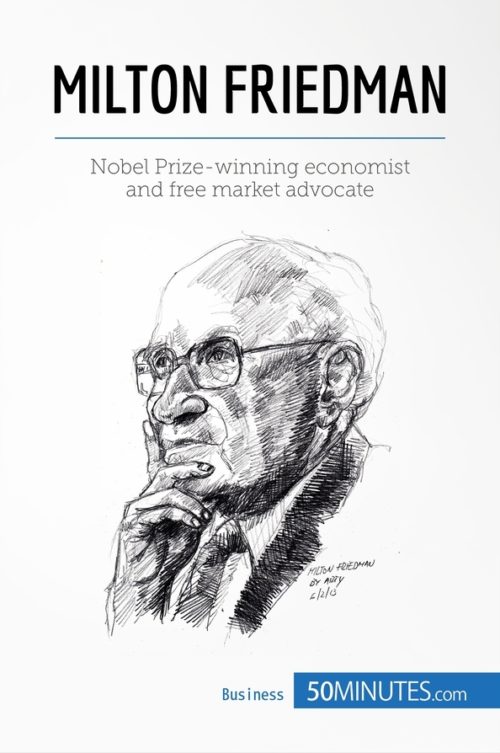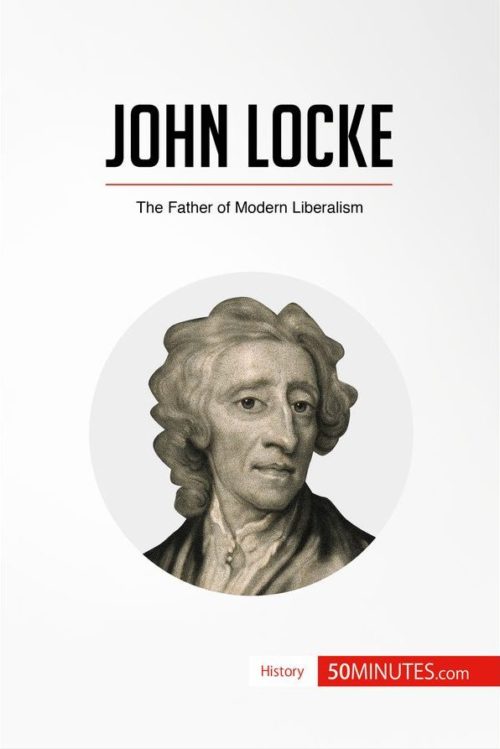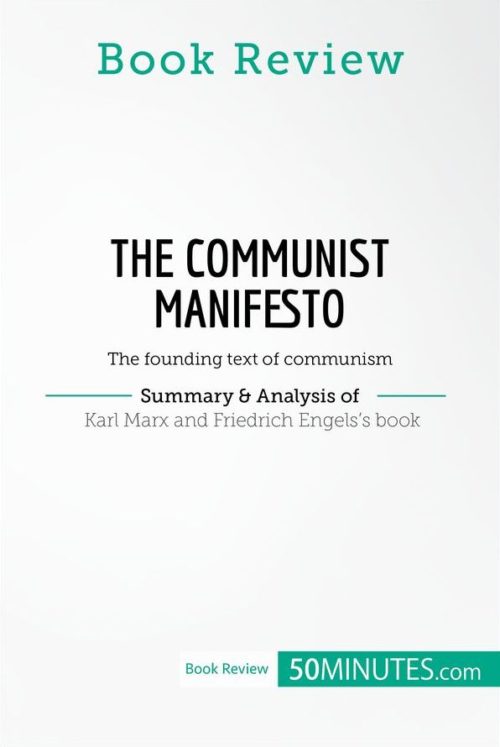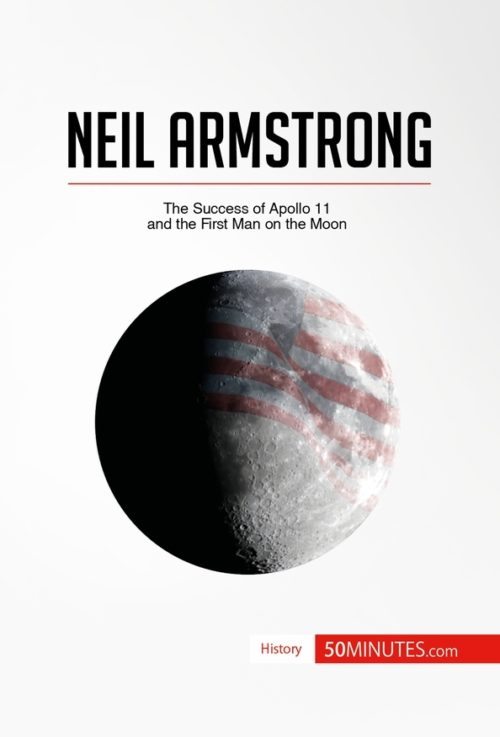Gorbachev
Gorbachev
$4.99
Read more
Mikhail Gorbachev was the last leader of the USSR and had a major impact on the path that Russia took at the end of the 20th century. He was a somewhat controversial figure, known in the West as the man who ended the Cold War while being one of the least popular 20th century leaders in Russia. This is understandable, as Gorbachev brought Russia closer to the West, made Communism more democratic and granted independence to the Eastern bloc countries. In just 50 minutes, you will find out how his actions, including his policies of glasnost and perestroika, shaped events in his country for decades to come and understand his profound influence on modern-day Russia.
This straightforward and informative book provides a thorough discussion of the key moments in Gorbachev’s illustrious political career, including the end of the Cold War, the end of Communist regimes in Eastern Europe and the collapse of the Soviet Union. It also features a full biography, a valuable introduction to the political, social and economic context and an evaluation of the impact of Gorbachev’s rule, giving you all the essential information about the last leader of the USSR.
About Mikhail Sergeyevich Gorbachev
When he became General Secretary of the Communist Party of the Soviet Union, Gorbachev realized that the Soviet Union was in dire need of radical change. However, it is possible that even he could not have predicted the effect his actions would eventually have on the history of Russia, Communism and the Cold War. For his attempt to reconcile Russia with the West, he was awarded the Nobel Peace Prize in 1990, Time magazine’s Man of the Year in 1987 and Man of the Decade in 1989.
This clear and accessible 46-page book is structured as follows:
- Introduction to Mikhail Sergeyevich Gorbachev
- Biography of Mikhail Sergeyevich Gorbachev
- From humble origins
- A childhood spent in the fields
- A career off to a good start
- Leader of the USSR
- After the USSR
- The USSR, 79 years of history
- The founding of the Soviet Union
- Stalin’s omnipotence
- The USSR during the Second World War
- The Cold War
- The Brezhnev era
- Elderly leaders
- Highlights
- The new watchwords: glasnost and perestroika
- Political liberalisation
- Economic liberalisation
- Withdrawal from former USSR satellite states
- Withdrawal from the Cold War and international conflicts
- The rise of nationalism and the end of the Soviet Union
- The putsch of 1991
- Impact of Mikhail Sergeyevich Gorbachev’s leadership
- From the USSR to Russia
- From a planned economy to a market economy
- From Communism to democracy?
- From a bipolar world to a unipolar or multipolar world?
- Summary
Product details
| ISBN | 9782806289605 |
|---|---|
| Publisher | Plurilingua Publishing |
| Series | 50MINUTES.COM – History |
| Format | |
| Pages | 46 |
| File size | 5.3 MB |
